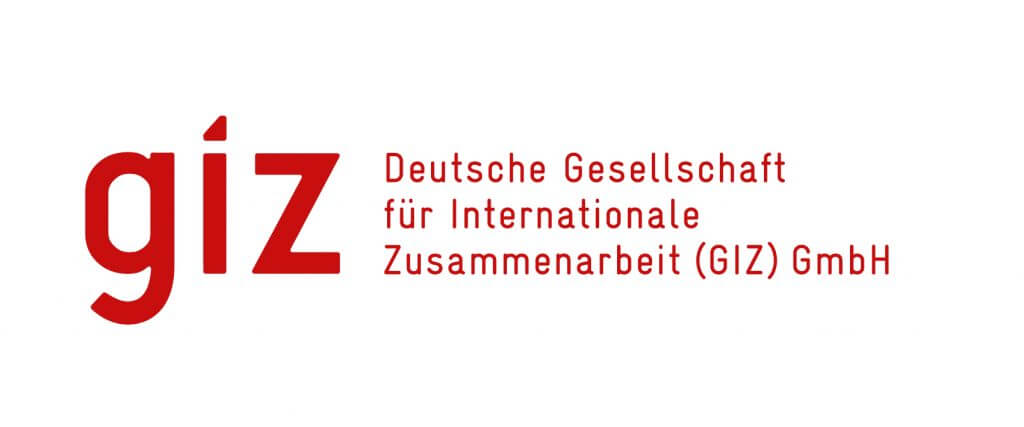Freight transportation generates at least 8% of global CO2 emissions, and up to 11% if logistics sites are also considered. China, as a global manufacturing hub and a growing consumers’ market, has seen its freight sector and associated emissions and other impacts grow exponentially over the past decades. Both multinationals and Chinese enterprises depend heavily on their logistics networks to be successful as a business, but also to effectively reduce greenhouse gas (GHG) emissions. A freight industry characterized by regulation compliance and high efficiency could, in the long run, benefit the healthy and sustainable low carbon development of the transport sector.
In recent years, the Chinese government has put low carbon transport high on the priority list. Several freight management platforms/ecosystems have been developed by either government or commercial operators to support enhancing government administration and establishing sustainable freight ecological systems. However, they are still facing numerous problems. The main problems to be addressed among many freight management platforms are: Firstly, there is a lack of coordination and commonly adopted carrier service selection standards between stakeholders to bring them onto a bigger yet unified and high service quality eco-platform. Secondly, there is lack of consideration for pollution reduction and GHG mitigation potential, as well as for the regulatory compliance and efficiency of freight management for sustainable freight development in China.
With the purpose of supporting the assessment and selection of smart and green freight carriers for sustainable freight development in China, the pilot project “Develop Green Freight Carrier Selection Criteria and Assessment Guideline for Compliant, Efficient and Green Freight Development in China” shall be conducted within the framework of the CLCT project.
The objective of the pilot project is to:




Ling Xuan
Senior Advisor
Sino-German Cooperation on Low Carbon Transport
Deutsche Gesellschaft für Internationale Zusammenarbeit (GIZ) GmbH
